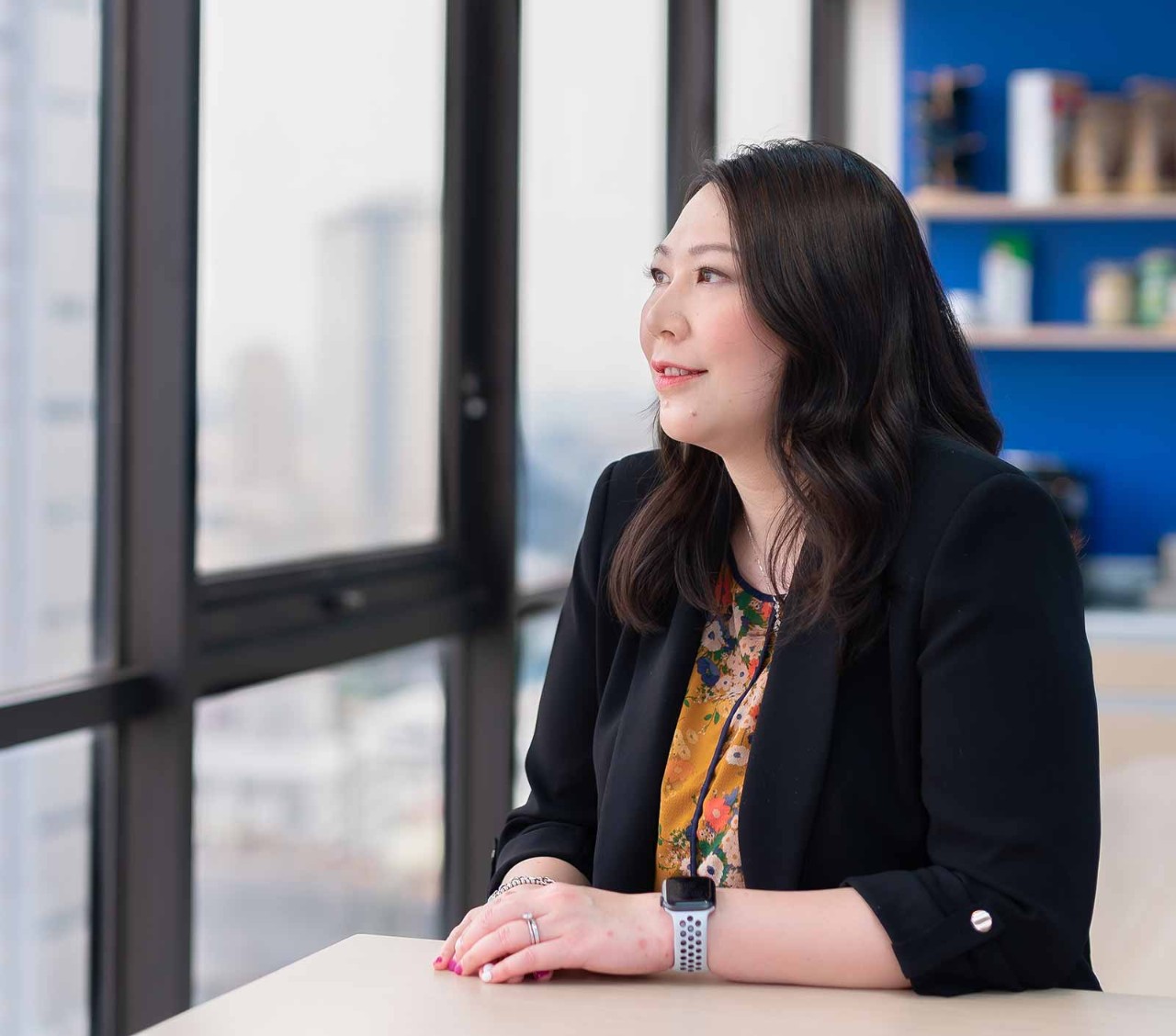
While the Chinese proverb acclaims women for holding up half the sky, in Hong Kong such equality has yet to fully materialise, particularly across the corporate world. Even though numerous studies demonstrate how gender equality is good for business and the wider community, currently only one in seven directors of listed companies in Hong Kong, or around 14%, are women, and nearly one-third of listed company boards include no women at all.
The situation, though, is set to change. Heightening its drive for gender diversity, the Hong Kong Stock Exchange (HKEX) has amended its listing rules so that single-gender boards will no longer be acceptable.
Taking effect from 1 January 2022, all existing single-gender board issuers – 850 of the more than 2,500 companies listed on Hong Kong’s main bourse – must appoint at least one director of a different gender by 31 December 2024. The requirement, which forms part of HKEX’s new environment, social and governance (ESG) rules, also applies to all new listing candidates on or after 1 July 2022. Combined with expected new listings, the new requirements will create an estimated 1,350 board appointment opportunities for women in the next three years.

The new requirements will create an estimated 1,350 board appointment opportunities for women in the next three years
Go all out
While the rule change moves some way towards breaking the board member gender bias, The Women’s Foundation (TWF), a not-for-profit organisation dedicated to the advancement of women and girls in Hong Kong, believes that bolder reform is needed to achieve real progress and that Hong Kong should aim for 50% women on boards.
The advocacy group believes now is the time for companies to move beyond the minimum standards and to put in place strategies to deliver results. This calls for input from C-suite level to deliver innovative thinking, challenges to assumptions and the reframing of perspectives.
With women underrepresented in leadership roles and overrepresented in the informal economy, Covid-19 has exacerbated existing inequalities and disproportionately impacted females. According to community support organisations, without the usual support from schools or care centres in addition to doing household chores, women have taken up the majority of primary care responsibilities, looking after children and elderly family members.
Covid-19 has exacerbated existing inequalities and disproportionately impacted females
Robo reconciliation
Looking to raise gender equality awareness on International Women’s Day on 8 March, TWF took the intriguing step of inviting Sophia, the world’s first robot citizen and the first robot innovation ambassador for the United Nations Development Programme, to speak as a panelist at virtual event on ‘innovating equality’.
While Sophia technically has no gender, when asked, this representative of the human-technological future competently replied that from robotic motor functions to voice and language process, female intelligence and ingenuity plays a big part in shaping her feminine identity.
Physically modelled after the ancient Egyptian queen Nefertiti, actress Audrey Hepburn and her creator David Hanson’s wife, Sophia – in only a slightly robotic voice – noted how stereotypes still hold women back, while acknowledging that algorithms and biased data have also been found to perpetuate gender bias and stereotypes.
Captivated but slightly perplexed participants heard Sophia refer to ‘mansplaining’ and how artificial intelligence could act as a bridge between humans from both genders to understand each other and to see each other in different light. An example, perhaps, of technology helping to free the world from unproductive human biases.





